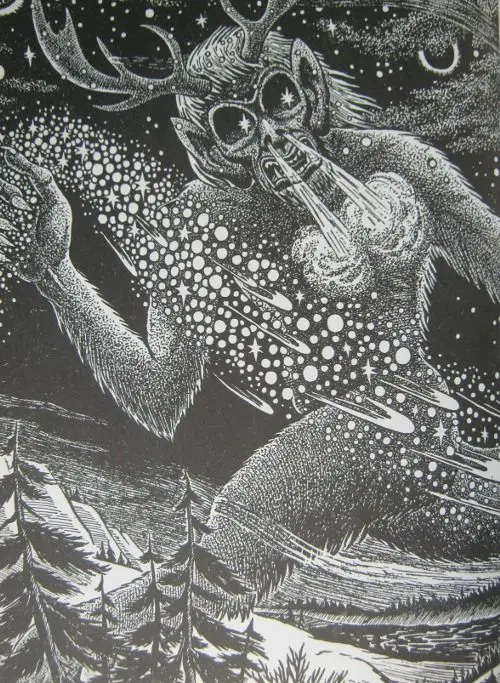(article by Gian Mario Mollar, originally published on Far west)
His name was Ojibwa Zhauwuno-Geezhigo-Gaubow, "He who stands out against the southern sky", and, in the Cree dialect, Maisaninnine o Mesnawetheno, "Man of Style," but the white men of the Hudson Bay Company nicknamed him Jack Fiddler. Born between 1830 and 1840 in the wild and lush land northwest of Lake Ontario, the son of a respected and feared shaman, he himself became the leader and shaman of the Sandy Lake Sucker tribe. At the time of his childhood, the region was deprived of animals and men, as the Hudson's Bay Company, dedicated to the fur trade, had now abandoned the outpost after years of intensive and indiscriminate hunting that had impoverished the territory. The Sucker tribe was thus forced to move further south, to Big Trout Lake, to trade and the young Zhauwuno-Geezhigo-Gaubow he worked for some time as a boatman, to transport furs to the York Factory.


